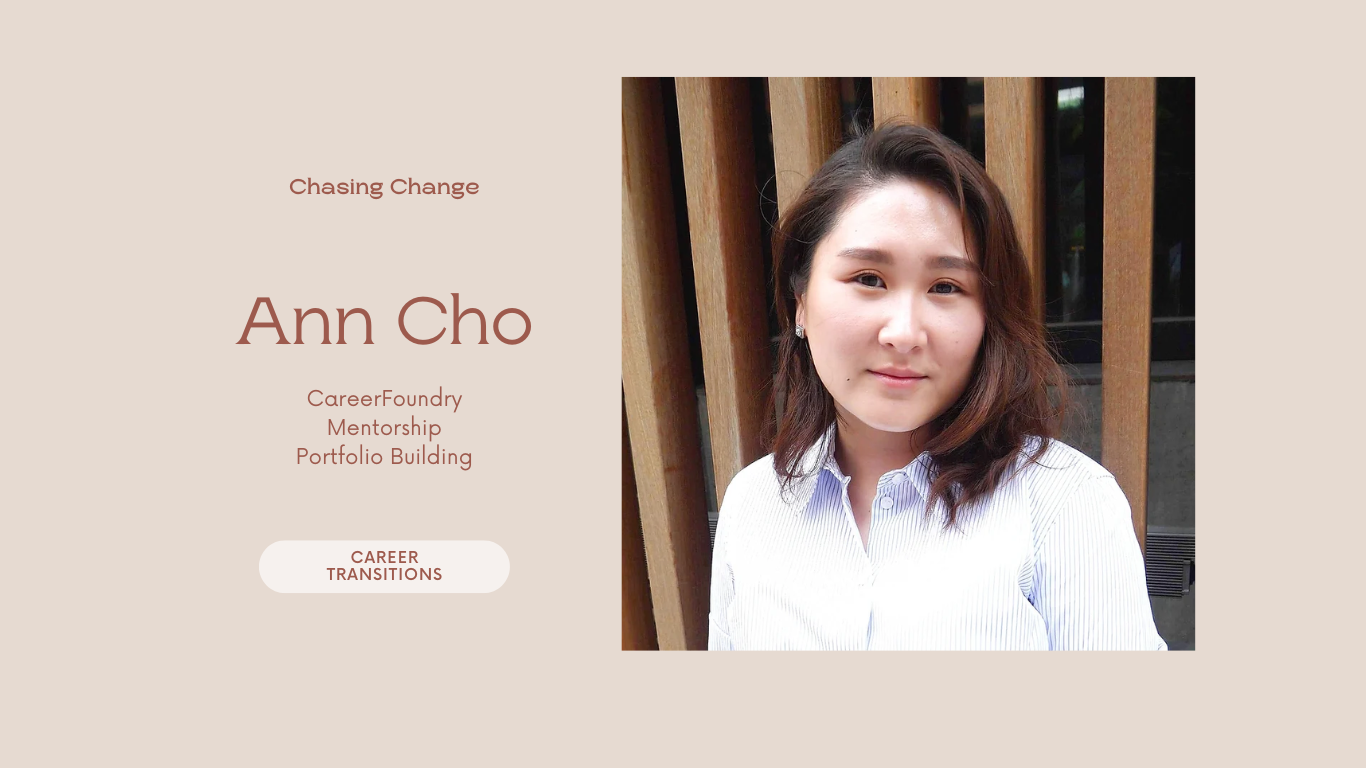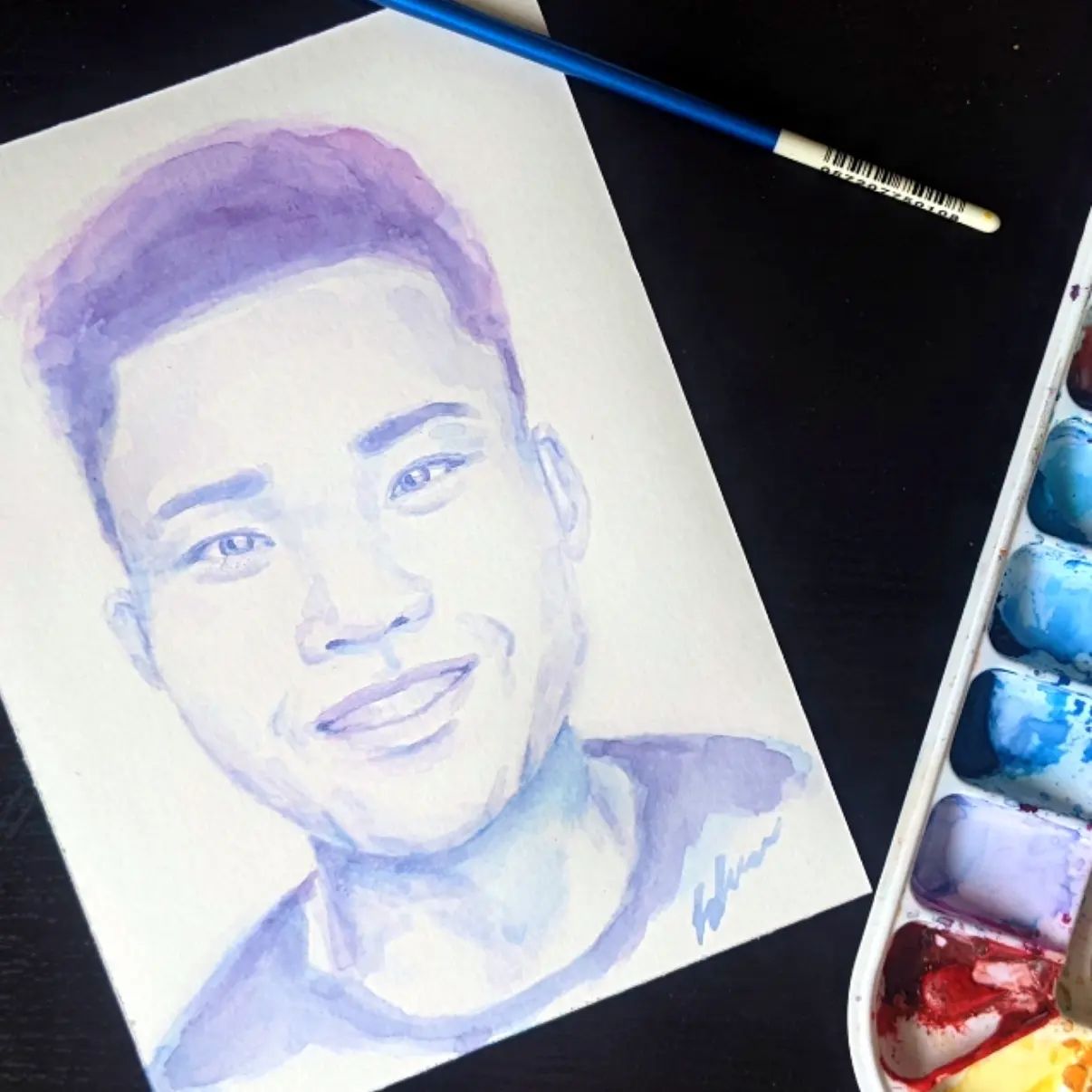Chasing Change: A UX Career Transition Spotlight With Ann Cho
- 8 mins
Note: This article is an early preview and it will be officially featured on IncluCity Calgary's page. Stay tuned for the official release.
Introduction
Career transitions can be daunting phases in the lives of job-seekers, marked by risks, unpredictability, and various systemic and personal barriers. The definition of a career change can vary widely from one individual to another. For some, it entails pivoting to a related job in a familiar field, while for others, it may involve taking on a seasonal position for a specific period. Although experts have not arrived at a consensus on what precisely constitutes a career change, it's a journey that everyone embarks on multiple times during their lives.
The world we live in today is fundamentally different from the one of decades past. Economic challenges, the emergence of AI, and an array of other factors drive us to seek change. Those in the midst of a career transition often grapple with feelings of uncertainty and a loss of control. Our mission with "Chasing Change" is to rekindle that sense of control and, ultimately, empower individuals navigating the twists and turns of career transitions.
"Chasing Change" will be a series featuring individuals who have undergone or are currently experiencing career transitions. Our interviews delve into the barriers, fears, concerns, career insights, and accomplishments that are not always openly discussed online. By normalizing conversations around career challenges, we aim to provide support to fellow job seekers and those contemplating changes within their own careers. If you have a story to share, please feel free to reach out to Shane.

About the Interviewee
Ann Cho is a freelance UX designer with a deep commitment to helping customers navigate their digital journeys. She holds a bachelor's degree in commerce, specializing in market research, and boasts extensive experience in the retail sector, where she assisted customers both in-person and through digital interfaces. While exploring graphic design, she discovered her passion for delving deeper into the field of UX design, leading her to enroll in an UX/UI Design online course through CareerFoundry.
In this interview, we explore Ann's journey with CareerFoundry, her experiences with mentorship and support systems, the art of building a compelling portfolio, and strategies for maintaining motivation in the ever-evolving world of UX design. The blog has carefully edited the transcript for clarity, focusing on the most relevant and impactful aspects of our conversation.
Would you choose CareerFoundry again if you had the opportunity to start over?
In my opinion, the key to success in this learning journey is dedication. Personally, I couldn't have mastered it on my own, mainly due to my lack of prior computer-related experience, despite having a background in graphic design. So, your approach to learning really depends on whether you thrive with structured guidance and accountability.
I've come across individuals who are self-taught, and while that's certainly possible and often a matter of personal preference, nowadays, schools widely offer structured courses. Based on my interactions within the field, structured learning appears crucial for success, much like in any other profession. Structured courses offer more than just knowledge; they emphasize the practical application of that knowledge in your work, which is where the true value lies.
Initially, I had concerns about the level of support, but I discovered that they provide ample resources and assistance. However, the outcome also hinges on your personal effort. Some individuals prefer the structure, while others may not find it as beneficial. It's not limited to acquiring technical skills; it also encompasses the emotional and mental transitions that come with changing careers, which are often underestimated. Many graduates expect jobs after their education, but genuine success lies in effectively applying what you've learned.

Along your journey, you mentioned receiving support from various individuals, including friends who offered guidance. Could you tell us about the mentorship or support you received during this process?
Initially, I was working on a school project where we had to collect data through research and interviews with classmates since it wasn't a real-world project. I teamed up with a classmate from the same program, and we supported each other with our respective projects.
As we approached the project's end, many of us were eyeing career transitions, and our discussions shifted to sharing our experiences. This mutual support was incredibly valuable, allowing us to review each other's work. Feedback preferences vary, but I always lean towards specific, honest feedback rather than vague comments.
Building relationships proved crucial, both with tutors and classmates. Connecting with senior professionals on platforms like LinkedIn felt challenging for me as establishing a natural connection can be tricky. Networking opportunities were limited, particularly during the pandemic. Nevertheless, I explored online platforms such as "UX Calgary," tailored to my area, which led me to a volunteering opportunity and introduced me to mentors across various fields. This journey required me to take the initiative to seek these opportunities and ask for guidance when needed, emphasizing the importance of finding the right place to do so.
LinkedIn, unless you're proficient in using it, might not always be the best option. Personally, I found it easier to connect with fellow designers and potential recruiters through more organic channels.

Can you recall any memorable advice or words of wisdom from your mentor that have stayed with you over time?
Through numerous mentor sessions, a few have left a lasting impact. My main takeaway is the significance of connecting with others for mutual growth. People often seek perfect answers with specific questions, even in meetings, as if there's a one-size-fits-all solution.
However, I believe it varies from person to person. Copying someone else's path doesn't work because we're all unique, each with our distinct ways of connecting and learning. What suits one might not suit another. After many mentor calls, I used to obsess over project improvement, quantity, and quality. I've since learned that perfection is elusive. Even senior designers have imperfections. As a junior using a Wix template, I've embraced doing my best with what I have.
Continuous self-review can blur perspective. Now, I gauge my work's quality by the positive feedback, motivation, and inspiration it generates in others. I no longer believe in a single "right" answer. Subscribing to every blog and obsessing over portfolio perfection isn't realistic.
While many tailor their profiles for job hunting, my approach has evolved. I accept that I won't be perfect, but I want potential employers to see my dedication and passion when they visit my profile. Hence, I've stepped back from LinkedIn. I seek companies that align with my growth goals, not just a job and compensation. I aim to avoid stagnation as a junior. So, my job search is more strategic, focusing on finding the right fit for personal growth. In a world chasing perfection, I've realized it's an unattainable goal.

Do you have any additional advice regarding portfolio building that you'd like to share?
I'm continuously improving my website, and there's no definitive list of what not to include; it depends on your unique experiences. For instance, I had a six-month internship, allowing me to showcase that work. If you're a recent graduate, don't feel tied to the typical boot camp portfolio template, as it's quite common and recognizable.
I often advise highlighting your past experiences. In the creative field, employers seek who you are as a person, not just a cookie-cutter portfolio. There's no perfect website; mine may seem simple, but I believe in letting your personality shine. The pressure to excel is high, especially after investing in education. While some seek a clear roadmap, this field requires continuous learning and adaptation. Beyond existing projects, you can create your own, conduct research, and experiment with designs. It's a continuous effort, starting after formal education ends.
The vital lesson I've learned is that education is just the beginning. To showcase growth, you must keep producing work. Inspiration is key, which is why I connected with mentors. Facing burnout, I've learned the importance of recharging and staying energized.
In a full-time position, I might have less time for regular portfolio updates, but maintaining creative energy is essential. Over time, your portfolio's content may evolve, and your mental state and enthusiasm can fluctuate. Thus, energy remains crucial for how you present yourself to employers and peers.

Is there something that serves as your motivation, especially during challenging times, or that keeps you driven and persistent?
I thrive on interactions with others; it's what energizes me. Spending long hours alone with my thoughts and a screen motivates me to reach out to people. That's why joining IncluCity Calgary excited me. It's not just about connecting with fellow UX enthusiasts; it's about engaging with diverse individuals, like those in social work. My initial fascination lies in understanding and interacting with people, as all jobs involve such interactions.
I actively seek opportunities to engage with others to break away from the screen that I've been glued to while working on my portfolio. This keeps me inspired.
Participating in this voluntary program is meaningful because it's driven by people's choice to contribute, even without compensation. It's inspiring to be surrounded by this kind of energy. I discovered such volunteering opportunities through someone who shares my passion for UX. Immersing yourself in a space with like-minded, passionate individuals who voluntarily contribute is truly motivating.
I'm eager to give back and share what I've learned. If I can't do that in a paid position yet, I'm willing to separate the two aspects.

Do you have any final advice for individuals who might be feeling apprehensive or fearful about transitioning careers?
I would suggest asking yourself what the worst-case scenario would be. Acting on your interests and trying new things is also how we learn in life. I would rather regret the decision I made than not have tried at all and that's the advice I would give.
Consider this: What if it doesn't work out as planned? What I told myself was, "If things don't work out, I can always go back to retail or return to my job at the bank. My experience there isn't going anywhere; I've already established my career in that field."
I believe there's a reason driving your desire for this change. It's important to have a strong motivation for the transition. That motivation keeps the fire burning and gives you the determination to pursue your goal, even when faced with challenges along the way. Just remember that without any challenges, there are no rewards.
Outro
I'm truly grateful to Ann for openly sharing her story and lighting the path for others facing similar challenges. I genuinely hope this blog post ignites meaningful conversations and provides valuable insights to those who may find themselves in a similar situation. In recognition of those who are currently navigating career transitions, I dedicate this blog post to Patricia (Paty) Irazábal, a fellow mentee from the peer mentorship group I'm involved in. Patricia's journey represents the countless individuals who are courageously embracing new career paths.
Note: This article is an early preview and it will be officially featured on IncluCity Calgary's page. Stay tuned for the official release.

